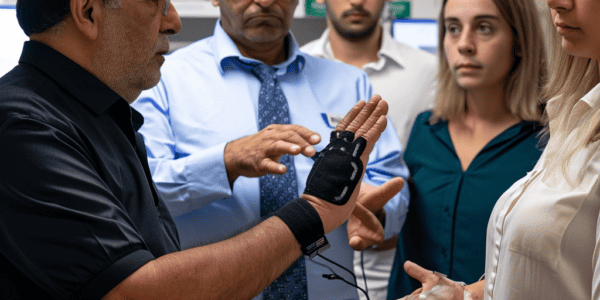Study Reveals Killer Whales Take Only One Breath Between Dives
A recent study by the University of British Columbia reveals that killer whales take just one breath between dives, shedding light on their breathing patterns. Utilizing drone footage and biological data, researchers found that orcas spend most of their time making shallow dives, with the longest recorded dive lasting 8.5 minutes. Understanding orcas’ oxygen consumption is crucial for estimating energy expenditure and daily food requirements, especially for the endangered southern resident population. By comparing their breathing rates to humans, the study provides valuable insights into the unique physiology and behavior of these majestic creatures.
New Smart Glove Technology Aids Stroke Patients in Recovery
The University of British ColumbiaUBC SearchUBC NewsHomeNews TipsArts & HumanitiesBusiness, Law & SocietyScience, Health & TechnologyUniversity NewsContactsServicesUBC electrical and computer engineering professor Dr. Peyman Servati demonstrating the smart glove. Photo credit: Lou Bosshart/UBC Media RelationsClick to share on Twitter (Opens…


